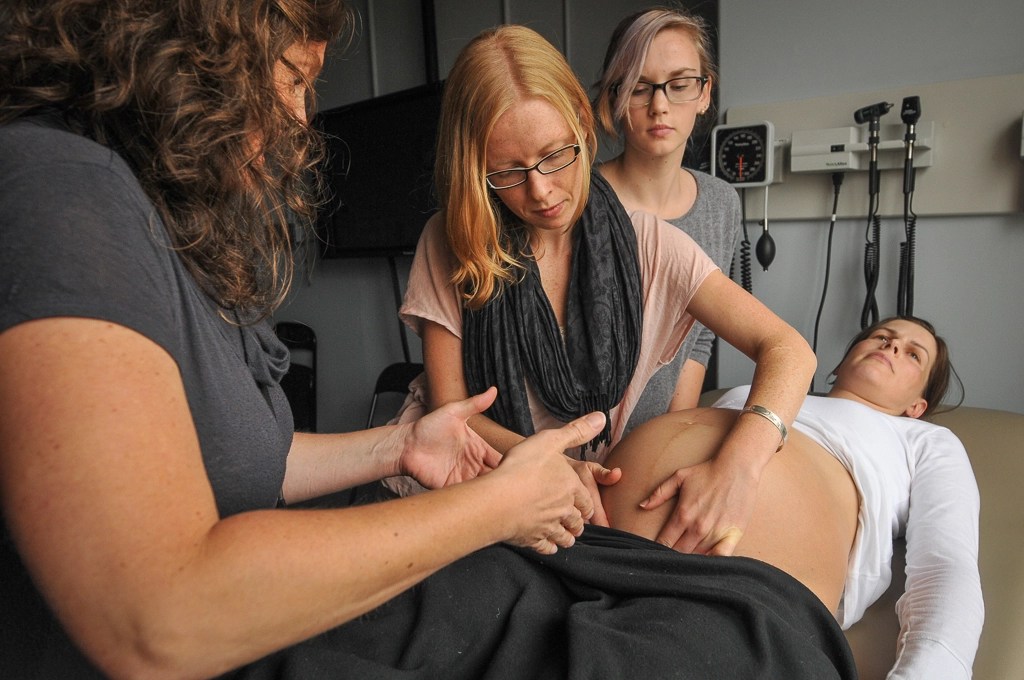B.C. midwives are handling more complex pregnancies, contrary to the popular belief they mostly manage lower-risk cases, according to a new study from the University of British Columbia.

In both higher and lower-risk pregnancies, it found those with a midwife had comparable or improved outcomes. Midwifery clients also had consistently lower caesarean delivery rates, although the rate of c-section increased in higher-risk cases.
The study, published in the Canadian Medical Association Journal, examined births between 2008 to 2018, and compared birth outcomes for pregnant people with a midwife to those who were seen by a family physician or obstetrician.
Midwifery clients were less likely to have pre-term births and low-birth-weight babies compared to physician-led care, and risk of infant death was comparable across care providers.
“The study provides evidence that midwifery care in B.C. is a safe and effective option for childbearing people, regardless of medical risk,” said Dr. Kathrin Stoll, who is a research associate in UBC’s department of family practice.

Get weekly health news
“Midwives operate in two worlds: They are in the community working with people in their homes, but they are also integrated into the hospital system,” she said.
According to the research, midwives are helping in almost a third of deliveries, including high-risk pregnancies, and acting as a bridge between patients and specialists. That number is the highest in the country.
The study also finds that despite increases in midwifery care, the service is still not readily accessible to under-served communities with some of the lowest rates of access in the world and increasing c-section rates.
It recommends increasing midwife wages in order to retain practitioners, and better integrating them in patient care with doctors.









Comments
Want to discuss? Please read our Commenting Policy first.